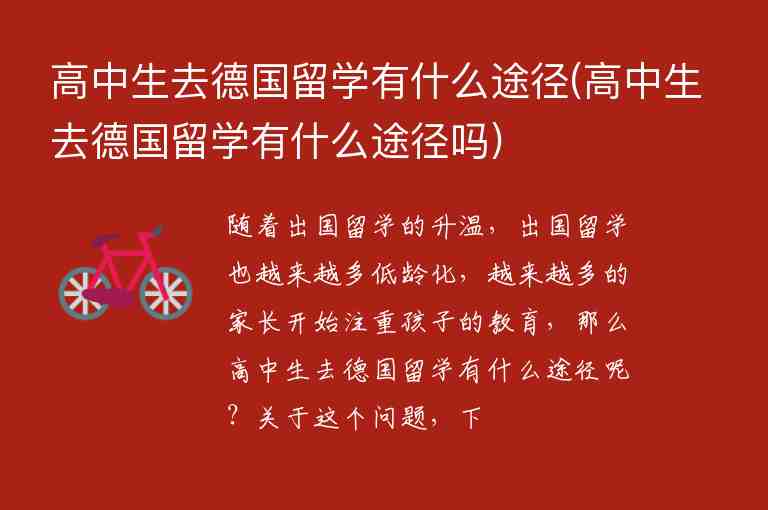一:begin是什么意思?
begin是一个动词,意为“开始,着手做某事”。它可以表示开始做某件事情,也可以指开始存在或发生某种情况。作为一个常用的动词,它在日常生活中经常被使用。
用法:begin的基本用法是作为不及物动词,后接动词不定式或名词作宾语。当它接名词作宾语时,常用介词with来连接。:“She began to sing.”(她开始唱歌。)“The party will begin at 8 o’clock.”(聚会将在八点开始。)“He began his speech with a joke.”(他以一个笑话开始他的演讲。)
过去式:begin的过去式是began,过去分词是begun。:“I began to learn English when I was ten years old.”(我十岁时开始学习英语。)“The war began in 1939.”(战争始于1939年。)“She has begun her new job last month.”(她上个月开始了新工作。)
二:怎么读(音标)
begin的音标为/bɪˈɡɪn/。
三:用法
1. begin + to do sth. 表示“开始做某事”。
例句:I will begin to work on the project tomorrow.(我明天会开始着手这个项目。)
2. begin + with sth. 表示“以某事物开始”。
例句:The movie begins with a scene of a beautiful sunset.(电影以美丽的日落场景开始。)
3. begin + at/on/in + 时间 表示“在某个时间开始”。
例句:The concert will begin at 7 o’clock tonight.(今晚七点音乐会将开始。)
4. begin + to + 不定式,表示“开始做某事”。
例句:She began to cry when she saw the sad ending of the movie.(她看到电影悲伤的结局时开始哭泣。)
四:例句1-5句且中英对照
1. The meeting will begin at 9 o’clock tomorrow morning.
明天早上九点将开始。
2. She began to learn how to play the piano when she was five years old.
她五岁时就开始学习弹钢琴。
3. The book begins with a detailed introduction of the author’s life.
这本书以一段详细介绍作者生活的文字开头。
4. He has begun to realize the importance of time management.
他已经意识到时间管理的重要性。
5. The rain began to fall heavily, so we had to stay indoors.
雨下得很大,所以我们不得不呆在室内。
五:同义词及用法
1. start是begin的同义词,表示“开始”。与begin相比,start更常用于口语和非正式场合。
例句:Let’s start the meeting now.(现在让我们开始。)
2. commence是begin的正式用法,表示“开始”。“commence + to do sth.”的结构与begin相同。
例句:The ceremony will commence at 10 o’clock.(仪式将在十点开始。)
3. initiate也可以表示“开始”,但更强调“发起”或“启动”的意思。
例句:The government has initiated a new policy to reduce pollution.(已经启动了一项新来减少污染。)
六:编辑总结
begin是一个常用的动词,意为“开始,着手做某事”。它可以表示开始做某件事情,也可以指开始存在或发生某种情况。它的基本用法是作为不及物动词,后接动词不定式或名词作宾语。它的过去式是began,过去分词是begun。与其同义词start和commence相比,begin更常用于日常口语中,而initiate则更强调“发起”或“启动”的意思。在使用时需要根据具体语境选择合适的词汇。

